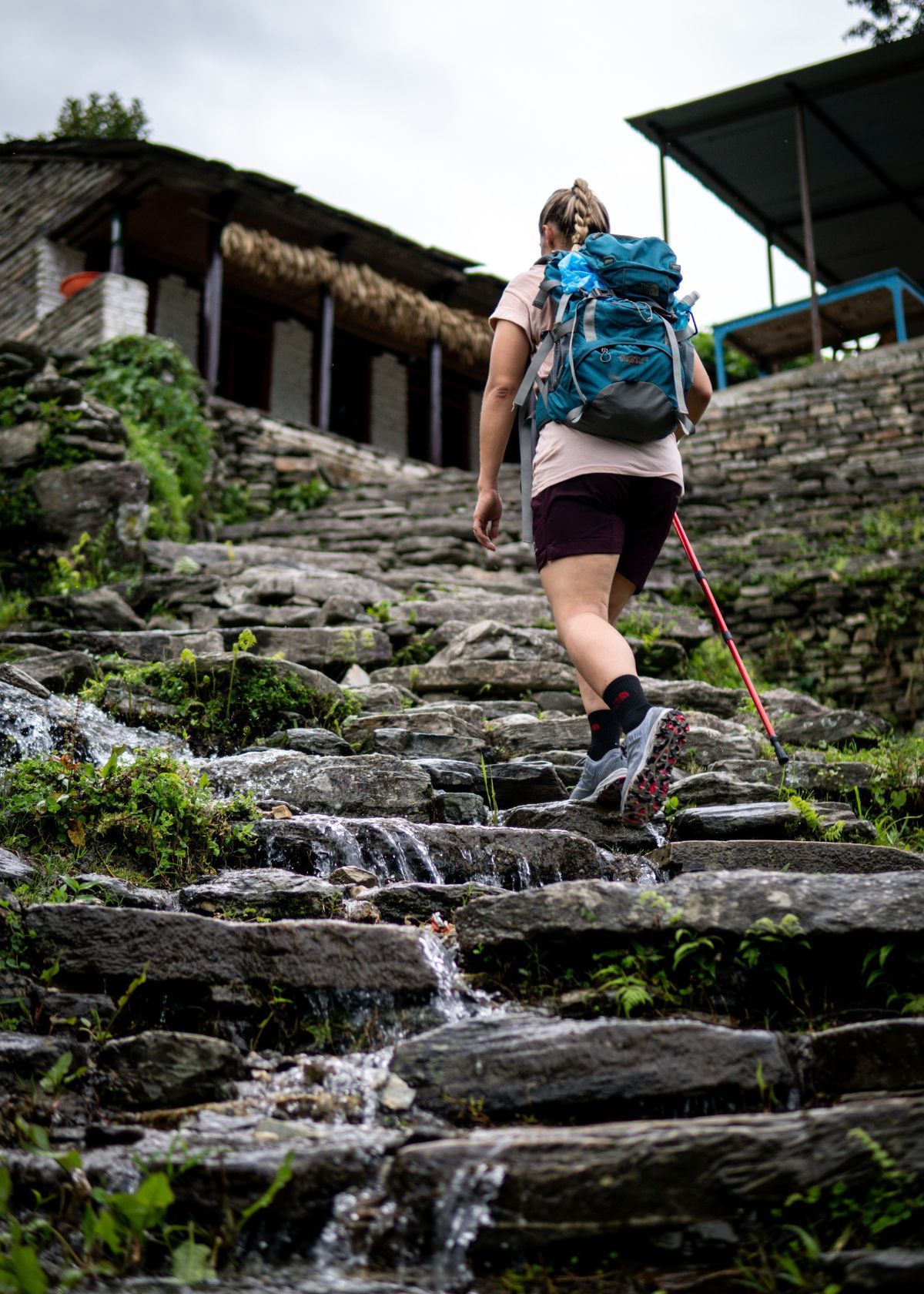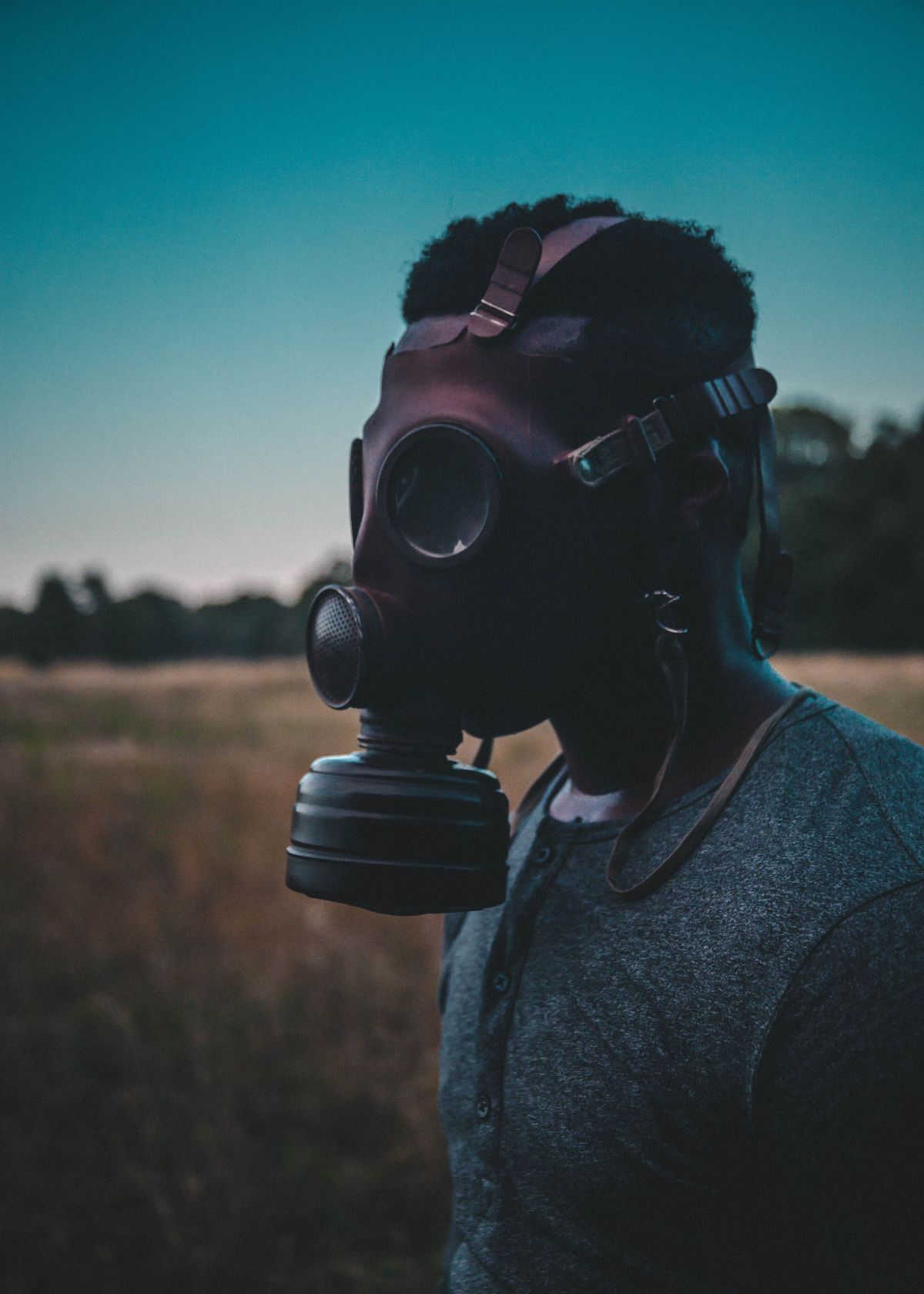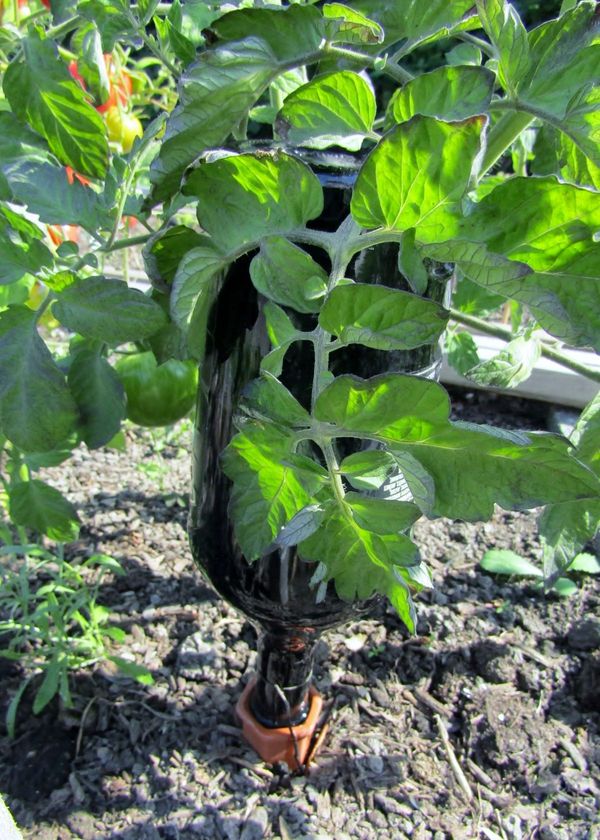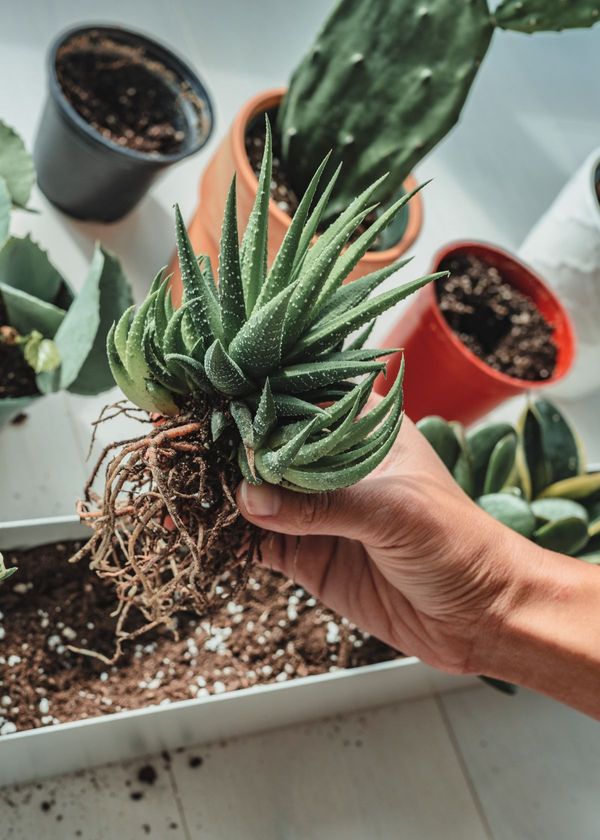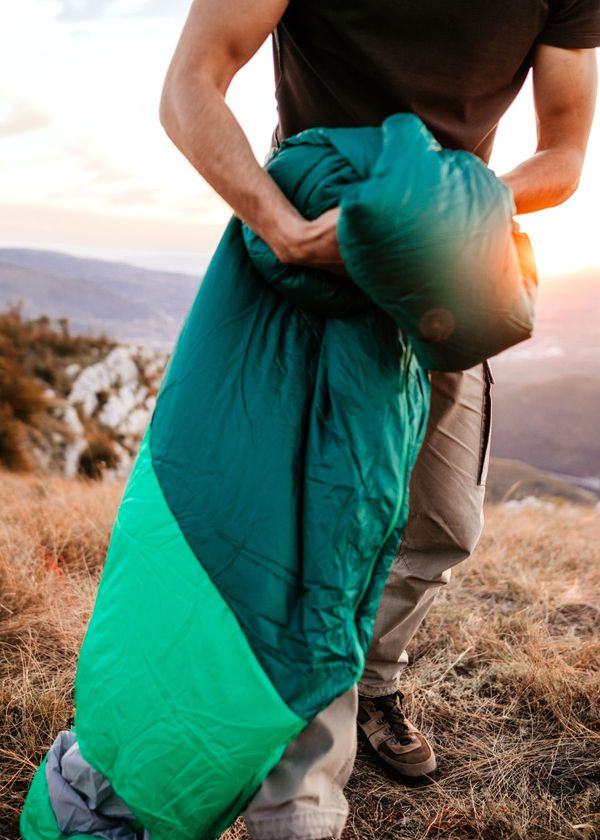What Are Preppers Preparing For
In recent years, the concept of prepping has gained increasing popularity, with more and more people around the world turning to prepping as a means of preparing for uncertain times. Preppers are individuals who take proactive steps to ensure their survival in the face of various potential disasters, whether natural or man-made.
But what exactly are preppers preparing for? The answer varies depending on the individual, but generally speaking, preppers are preparing for a wide range of possible scenarios, from economic collapse and social unrest to natural disaster strikes like hurricanes, earthquakes, and pandemics.
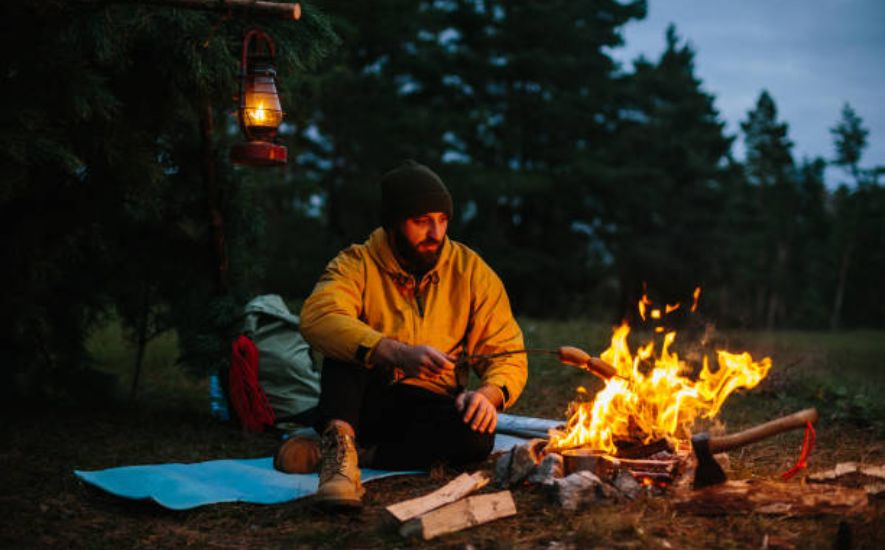
Some preppers focus primarily on building up their stockpile of supplies, including food, water, and medical necessities, while others invest in weapons and self-defense training in case of a breakdown in law and order. Still, others focus on developing homesteading skills, such as gardening, livestock management, and off-grid energy production.
Whatever their approach, preppers share a common belief that the world is an unpredictable place and that it's better to be prepared for the worst than to be caught off guard. In this sense, prepping behaviors can be seen as a form of insurance, providing peace of mind and security in an uncertain world.
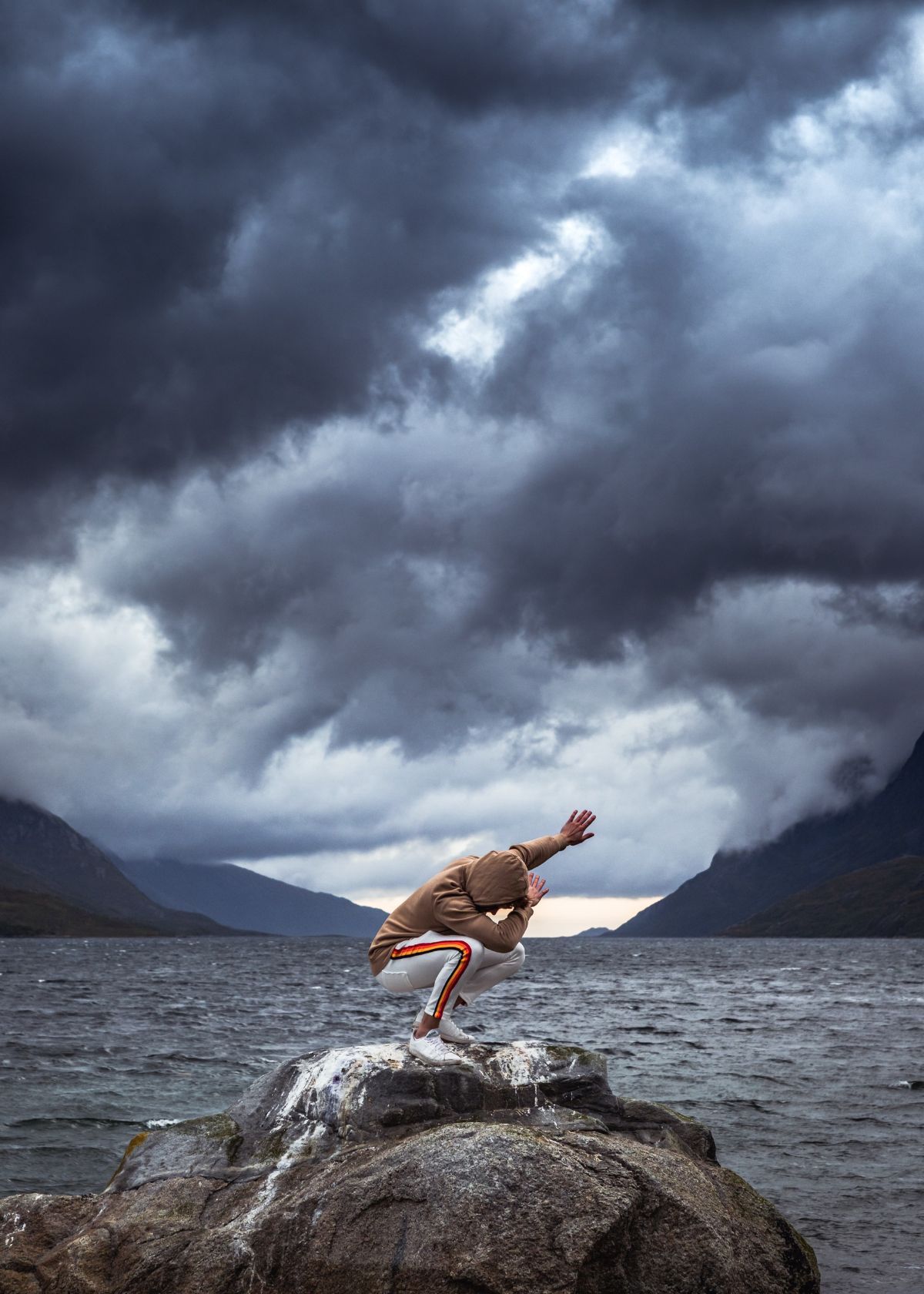
Natural disasters
Natural disasters can strike at any moment and leave a path of destruction. Hurricanes, earthquakes, floods, wildfires, and tornadoes are just a few examples of catastrophic events that can cause immense damage to infrastructure, homes, and businesses.
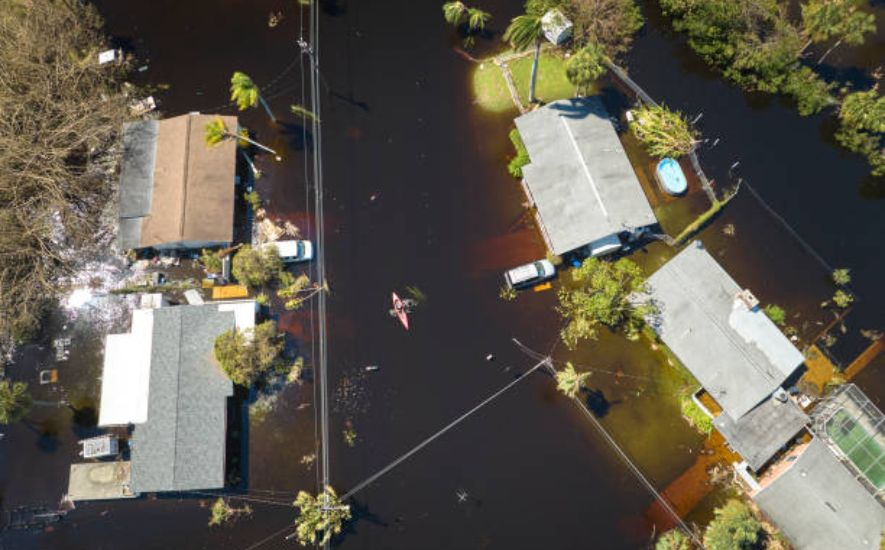
In recent years, there has been a growing trend of individuals and families known as "most preppers" who are taking proactive measures to prepare for natural disasters.
What is Prepping?
Prepping, also known as "prepping for disasters" or "prepping for emergencies," is the act of preparing for catastrophic events that could threaten a person's way of life.
This can include stockpiling food, water, medical supplies, and other essentials to ensure that the individual or family can survive for an extended period in the event of a disaster.
Doomsday Preppers also focus on developing skills such as self-defense, first aid, and basic survival techniques that may be necessary during an emergency.
Why Do People Prep?
There are many reasons why people choose to become preppers. For some, it is a response to previous disasters that they have experienced, such as hurricanes or floods. Others may have a general sense of unease about the state of the world and the potential for natural disasters or other catastrophic events.
Some other people who are panic buying may also be motivated by a desire to become more self-sufficient and less reliant on government assistance or other forms of external support.
Steps to Preparing for Natural Disasters
Prepping for natural disasters can involve a wide range of steps and preparations. Some of the most common steps include:
- Building a stockpile of emergency supplies, such as non-perishable food, toilet paper, bottled water, and medical supplies.
- Developing a plan for how to evacuate or shelter in place during a disaster.
- Learning basic survival skills, such as how to start a fire, purify water, and navigate in the wilderness.
- Securing the home or property to minimize damage during a potential major disaster, such as reinforcing windows or securing loose objects.
- Developing a network of like-minded individuals who can support and assist during an emergency.
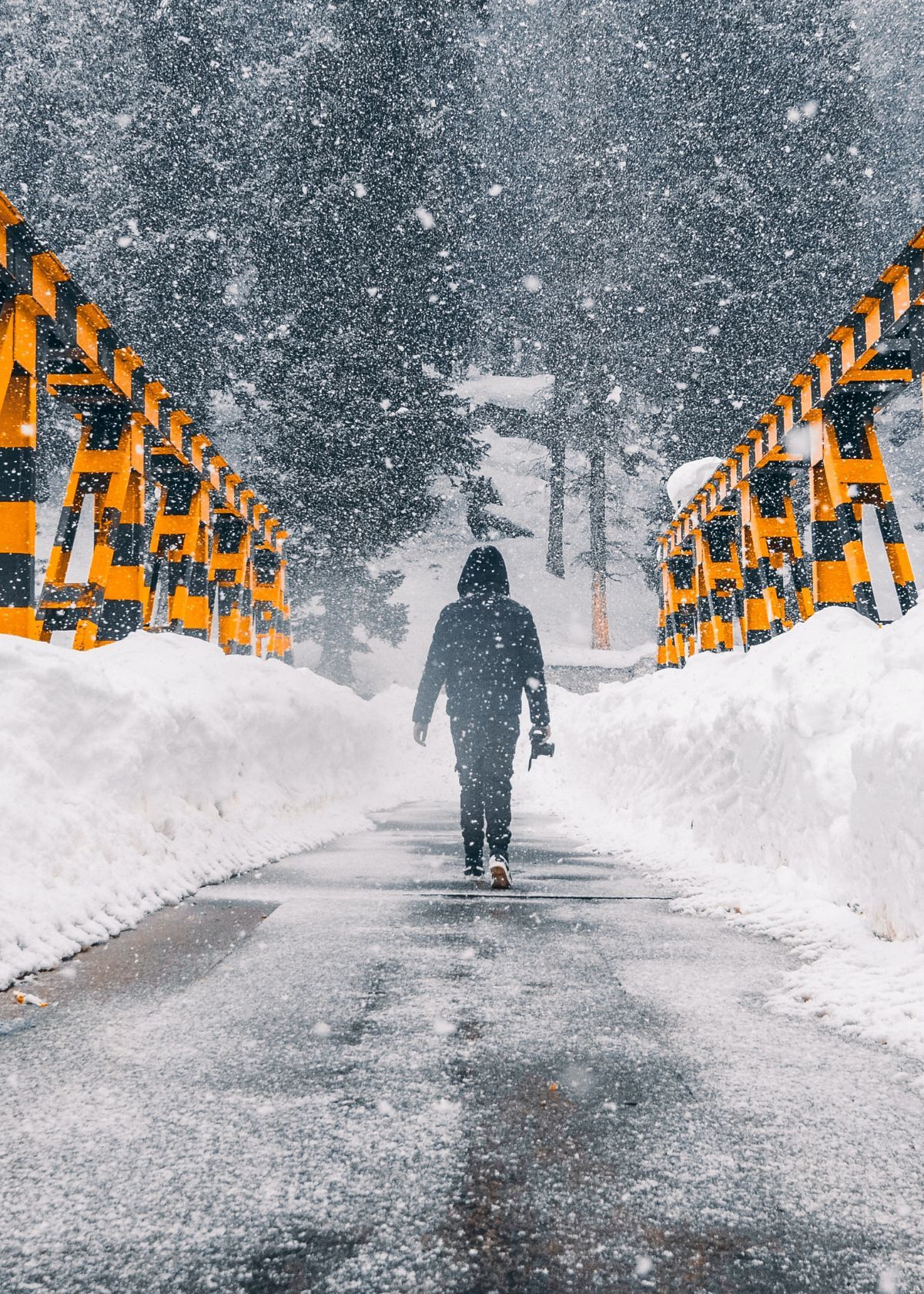
Economic collapse
The fear of an economic collapse has been a concern for many people for decades. The idea of losing access to necessities like food, water, and shelter is daunting.
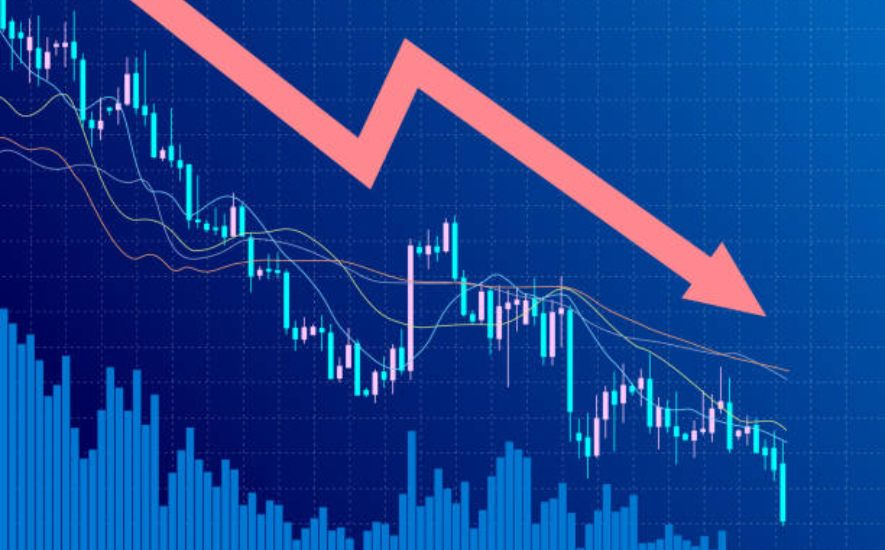
It's no wonder a community of "preppers" has emerged, dedicated to preparing for such an event. These individuals stockpile supplies, hone survival skills and plan for a future where the economy has collapsed.
Motivations of Preppers
Preppers come from all walks of life and have varying motivations for preparing for an economic collapse. Some are concerned about political instability, while others fear natural disasters, societal breakdowns, or pandemics.
Many preppers also distrust the government and believe it will be unable to provide necessities in a crisis. Some preppers are motivated by self-reliance and independence, while others want to protect themselves and their loved ones.
Strategies of Preppers
Preppers have a wide range of strategies for preparing for an economic collapse. These include stockpiling food, water, medicine, and other essential supplies. Some preppers also invest in precious metals, such as gold and silver, to hedge against inflation.
Others focus on developing skills like hunting, farming, and self-defense. Many preppers also form communities with like-minded individuals to share resources and knowledge.
Potential Outcomes
While predicting the future is impossible, an economic collapse could have many outcomes. In some cases, preppers may weather the storm and emerge relatively unscathed. They may have enough supplies and resources to survive until the economy stabilizes.
In other cases, however, preppers typically may face serious challenges, such as violent confrontations with other survivalist behavior questionnaires or government intervention. Additionally, there is the possibility that an economic collapse may not happen at all, leaving preppers with a surplus of supplies and resources that they may never need.
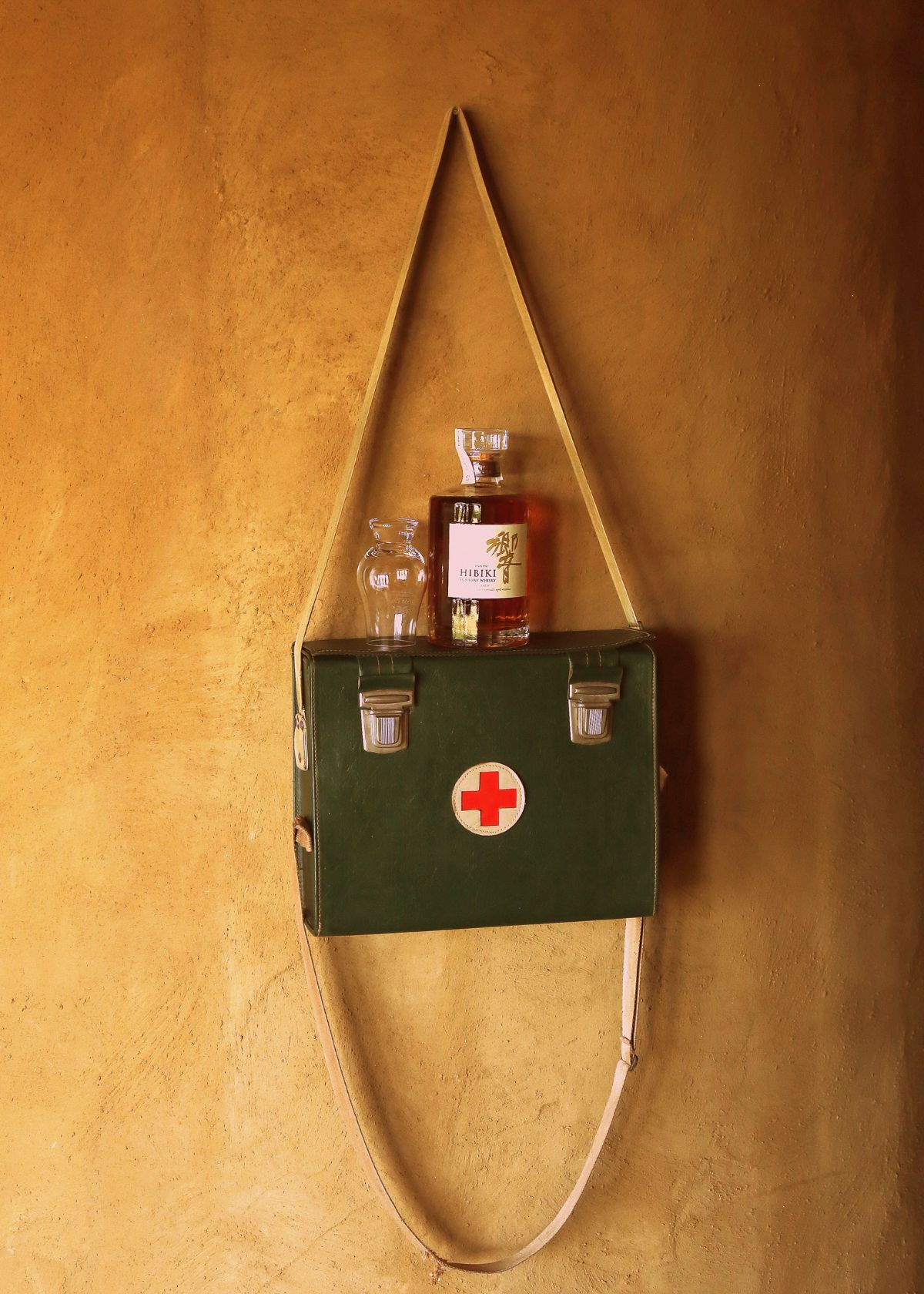
Pandemics
Recently, the world has been facing an unprecedented threat in the form of pandemics. With the emergence of COVID-19, people have started taking their health and safety more seriously.

One of the responses to this new threat has been the rise of modern preppers, people who take proactive measures to prepare for emergencies, including pandemics. Doomsday Prepping for pandemics is not a new concept, but it has recently gained popularity.
Why Prepping for Pandemics is Important?
Pandemics are not new; history is rife with examples of pandemics ravaging humanity. However, with the increasing interconnectedness of the world, pandemics have the potential to spread rapidly and cause untold damage. COVID-19 has shown us how easily pandemics can spread and how unprepared we are to deal with them.
Prepping for pandemics is essential as it ensures that people are prepared for emergencies and can protect themselves and their families. It also helps reduce the burden on healthcare systems, which are often overwhelmed during pandemics.
Essential Steps Preppers Take to Prepare for Pandemics
Stockpiling Supplies: Preppers often stockpile essential supplies like food, water, medicine, and personal protective equipment (PPE). The idea is to have enough supplies to last for several weeks or months in case of a lockdown or quarantine.
Learning New Skills: Preppers also focus on learning new skills to help them survive emergencies. Some essential skills include first aid, cooking, gardening, and self-defense. Learning new skills can help preppers become more self-reliant and less dependent on external resources.
Building Community: Preppers often build communities of like-minded individuals who share their values and beliefs. These communities provide a support system during emergencies and can help preppers deal with challenges.
Creating a Plan: Preppers create a plan for emergencies, outlining what they will do in different scenarios. The plan includes evacuation routes, communication protocols, and emergency contact information.
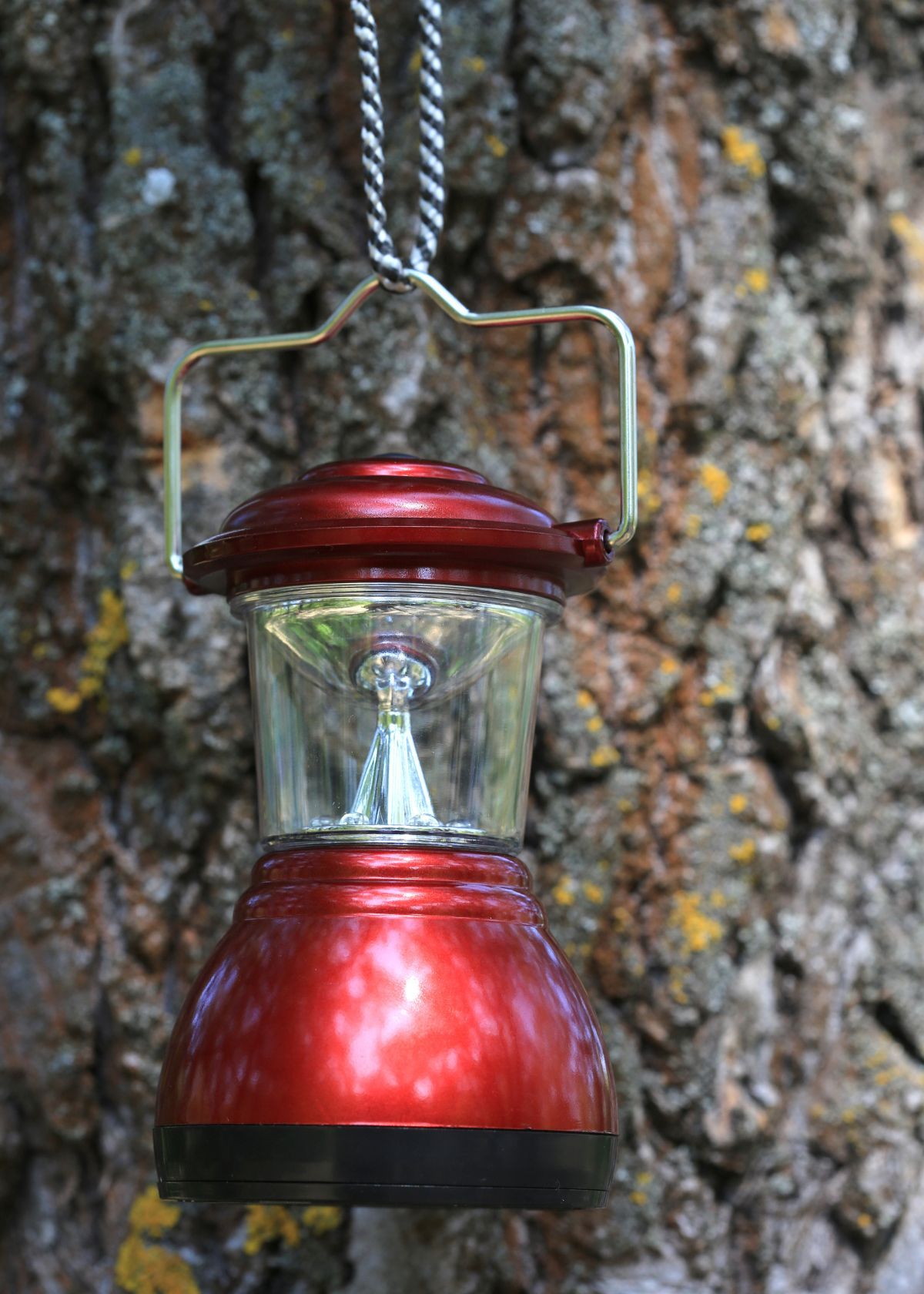
Cyber attacks
In today's digital age, cyber attacks are becoming increasingly common and sophisticated. These attacks can disrupt our daily lives, compromise our personal information, and even bring down critical infrastructure.
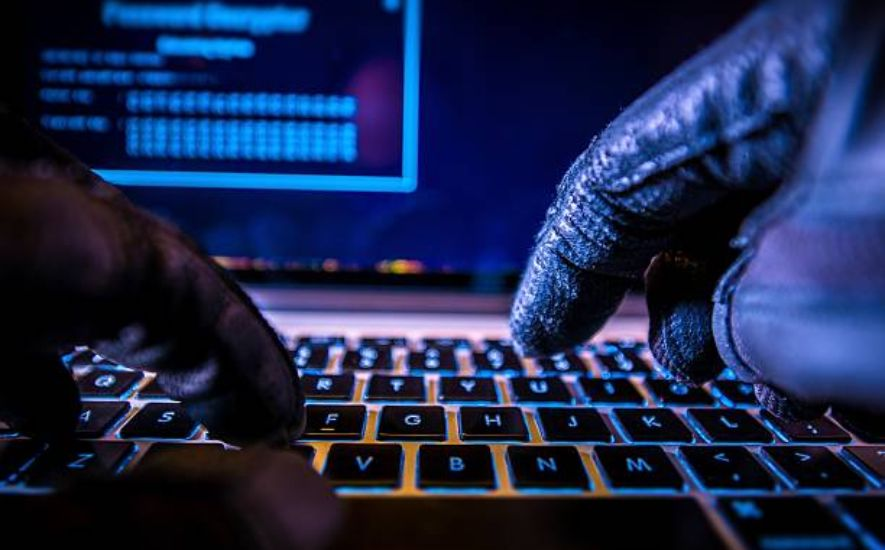
In the face of such threats, preppers are preparing themselves for potential cyber-attacks. Prepping for cyber attacks involves a range of strategies, from securing personal devices to learning self-sufficient skills that can help you survive in a post-cyber attack world.
Securing Personal Devices
One of the most critical steps preppers take to prepare for cyber attacks is securing their personal devices. This includes everything from computers and smartphones to smart home devices and vehicles.
Preppers ensure their devices are protected with strong passwords, two-factor authentication, and the latest security updates. They also use anti-virus software and firewalls to prevent malware and other cyber threats from infecting their devices.
Learning Self-Sufficient Skills
In addition to securing their personal devices, preppers also focus on learning self-sufficient skills that can help them survive in a post-cyber attack world.
These skills include everything from growing their food and purifying water to building shelters and starting fires. Preppers also learn how to navigate without GPS and communicate with others without using digital technology.
Preparing for Long-Term Disruptions
Preppers understand that a cyber attack can cause long-term disruptions to our society. Power outages, communication failures, and supply chain disruptions can make accessing the goods and services we rely on difficult.
Preppers stock up on essential supplies such as food, water, and medicine to prepare for these disruptions. They also invest in renewable energy sources, such as solar panels and generators, so they can continue to power their homes and devices even if the power grid goes down.

Nuclear war
As the world grows increasingly uncertain, more and more people are turning to prepping as a way to ensure their survival in the face of disaster. And of all the potential disasters that could befall us, few are as terrifying as the prospect of a nuclear war.
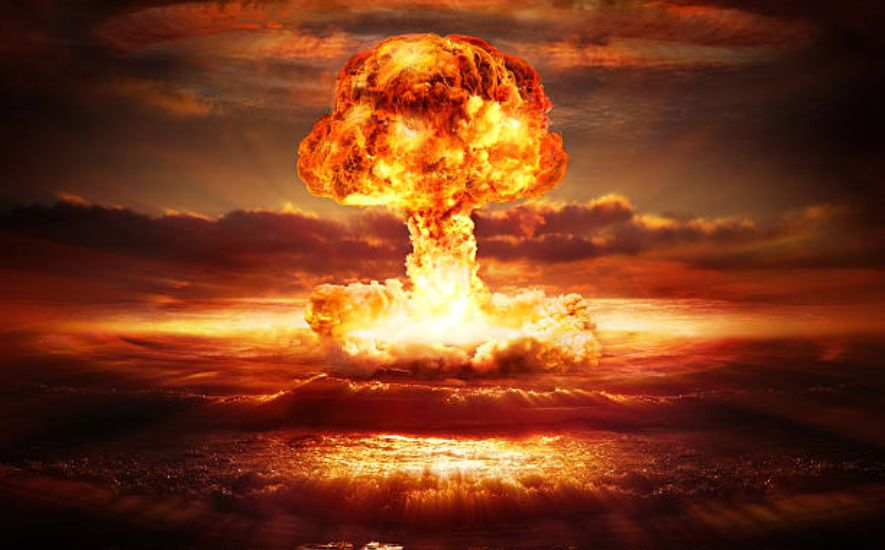
The Prepper Mindset
Prepping for nuclear war requires a unique mindset that acknowledges the terrifying reality of the situation while remaining focused and level-headed.
Many preppers believe that a nuclear war is not a matter of if but when, and they are determined to be ready when that day comes. For them, prepping is not about paranoia or fear but about taking practical steps to protect themselves and their loved ones.
Preparing for Nuclear War
So, what does it mean to prep for nuclear war? The strategies employed by preppers vary widely, but some common steps include the following:
- Stockpiling Supplies: Preppers often stockpile a wide range of supplies, including food, water, medical supplies, and tools. In the event of a nuclear war, these supplies could be essential for survival, especially if access to outside resources is limited.
- Building Shelters: Many preppers also build or invest in nuclear fallout shelters designed to protect occupants from the harmful effects of radiation. These shelters can range from simple underground bunkers to complex structures with air filtration systems and other advanced features.
- Securing Weapons: While not all preppers choose to arm themselves, many do. They believe that in a post-nuclear world, having weapons could be essential for self-defense and protection against marauders and other threats.
- Learning Survival Skills: Preppers also spend time learning essential survival skills, such as first aid, hunting, and farming. These skills could be vital in a post-nuclear world with limited access to outside resources.
The Challenges of Prepping for Nuclear War
While prepping for nuclear war can provide a sense of security, it also comes with many challenges. One of the biggest challenges is the cost. Building a fallout shelter, stocking up on supplies, and purchasing weapons can all be expensive endeavors.
Preppers also face the challenge of convincing family members and loved ones to join them in their prepping efforts, as not everyone shares their concerns about a potential nuclear war.

Climate change
Climate change is one of the most significant threats facing humanity today. Its impacts can be seen in rising temperatures, extreme weather events, and changing ecosystems, among other effects.
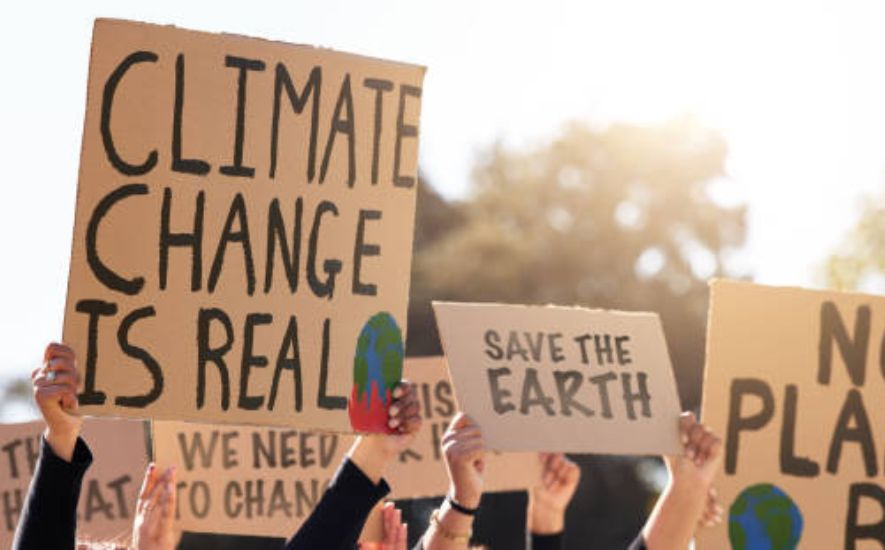
Preppers, a group of individuals who prepare for catastrophic events, have recognized the dangers of climate change and are taking steps to protect themselves and their loved ones.
Stockpiling Supplies
One of the most common strategies that preppers use to prepare for climate change is stockpiling supplies. This includes food, water, medicine, and other essential items that may become scarce or difficult to obtain during a crisis.
Preppers often store these supplies in underground bunkers or other secure locations where they can be accessed in an emergency.
Building Bunkers
Building underground bunkers is another popular strategy among preppers. These bunkers are designed to provide shelter and protection from the elements and potential threats such as looters or other dangerous individuals.
Many preppers believe that bunkers are essential for surviving long-term climate change impacts, as they provide a safe place to live and store supplies.
Learning Survival Skills
In addition to stockpiling supplies and building bunkers, preppers also focus on learning survival skills. These skills include things like hunting, fishing, and foraging for food, as well as building shelters and starting fires.
By learning these skills, preppers are better equipped to survive in the event of a disaster, regardless of whether they have access to their stockpiled supplies.
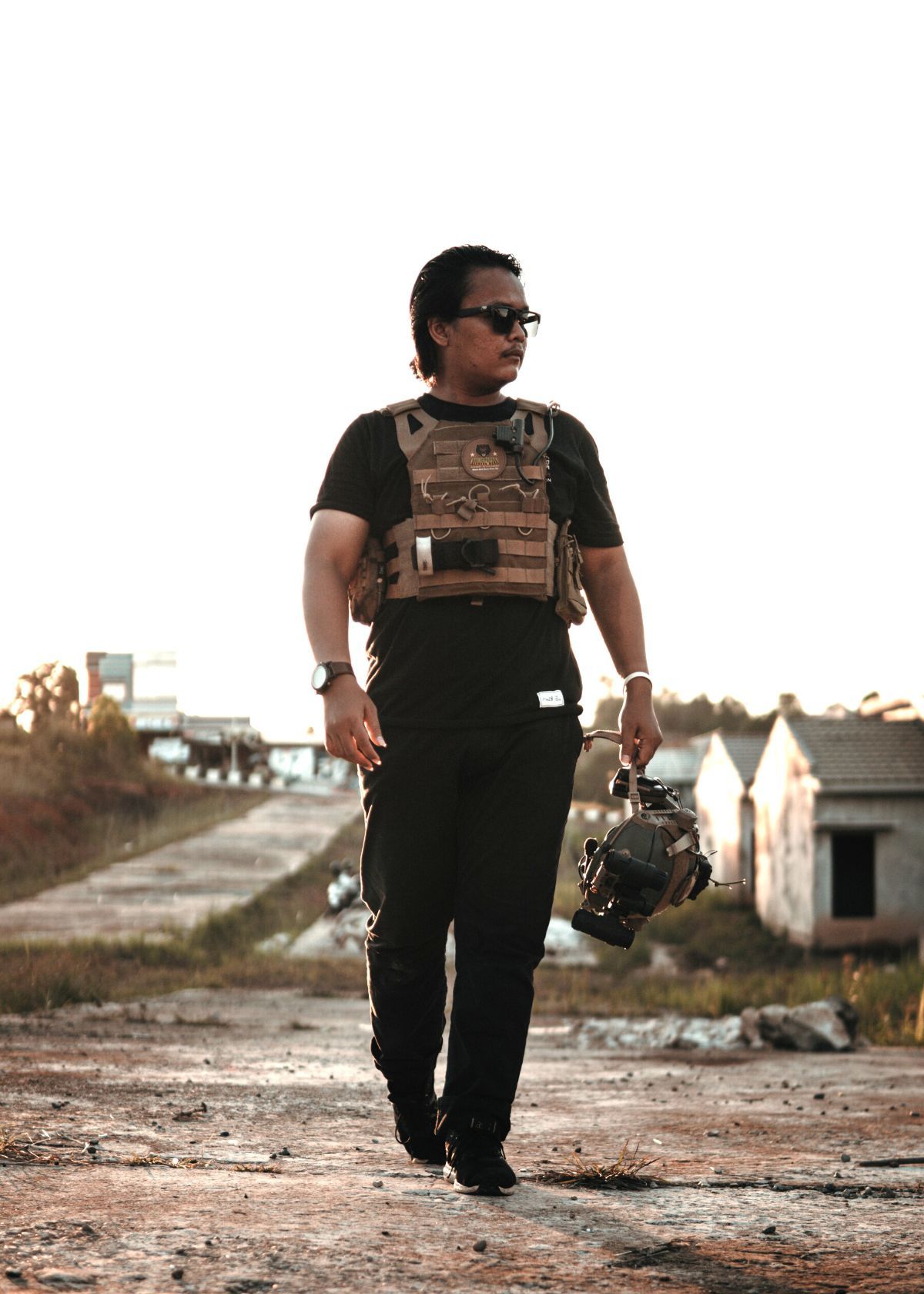
Social unrest
The world has recently seen its fair share of social unrest, from protests and civil unrest to the breakdown of law and order in some areas. With increasing political tensions, economic instability, and social inequalities, it's no surprise that some individuals have taken it upon themselves to prepare for the worst-case scenario.
These individuals, known as preppers, are often depicted in popular culture as paranoid and extreme, but their motivations are rooted in a desire for self-reliance and survival.
Preparing for Social Unrest
Social unrest is a major concern for many preppers, as it can disrupt supply chains and lead to food shortages, power outages, and violence. Preppers may take several steps to prepare for social unrest, including:
- Stockpiling food, water, and supplies: Preppers may store several months' worth of non-perishable food, water, and medical supplies to ensure they can access these essentials during a crisis.
- Securing their home: Preppers may invest in security systems, reinforce doors and windows, and acquire firearms to protect themselves and their property.
- Acquiring skills: Preppers may learn gardening, hunting, and first aid skills to become more self-sufficient during a crisis.
- Building a community: Preppers may form or join communities of like-minded individuals to share resources and knowledge.
Motivations behind Prepping
There are several motivations behind prepping for social unrest. Some individuals may be motivated by self-reliance and a desire to be prepared for any situation.
Others may be motivated by fear of societal collapse or a breakdown in law and order. Still, others may be motivated to protect their families and loved ones.
Implications of Prepping for Social Unrest
While prepping for social unrest may seem like a practical solution to a potential problem, it can also have several implications. First, it can reinforce a sense of individualism and isolationism, potentially leading to social fragmentation.
Second, it can lead to a hoarding mentality, where individuals prioritize their own survival over that of others. Finally, it can perpetuate a cycle of fear and mistrust, potentially leading to further social unrest.
Frequently Asked Questions (FAQs)
The prepper community is one of the fastest-growing segments of the population. It's not hard to understand why. There are many good reasons why people want to be prepared for an emergency or disaster.
In this section, we will answer some of the most common questions people ask about prepping. Hopefully, you'll find some answers here that will help you get started on your preparedness efforts.
What should I be prepping for?
Here are some general things that people may consider prepping for:
- Natural disasters: Depending on where you live, you may need to prepare for disasters such as the hurricane Katrina, earthquakes, floods, or wildfires. This could involve having an emergency kit, a plan for evacuating your home, and knowing how to stay safe during a natural disaster.
- Financial emergencies: It's always a good idea to set aside some savings for unexpected expenses or job loss. You may also want to consider setting up an emergency fund in case of a financial emergency.
- Health emergencies: In light of the COVID-19 pandemic, it's important to be prepared for health emergencies. This could involve having a supply of personal protective equipment (PPE), knowing how to sanitize surfaces properly, and having a plan for accessing medical care if you become sick.
- Personal safety: It's always a good idea to have a plan for keeping yourself safe in a variety of situations. This could involve knowing self-defense techniques, having a way to contact emergency services quickly, and knowing how to stay safe while traveling.
What do preppers believe?
Preppers, also known as survivalists, believe in being prepared for various types of emergencies or disasters. These may include natural disasters such as hurricanes, earthquakes, or floods, or man-made disasters such as economic collapse, terrorist attacks, or pandemics.
Preppers believe that it is important to be self-sufficient and have the necessary skills, knowledge, and resources to survive on their own for an extended period of time. This includes having a stockpile of food, water, and other essential supplies, as well as tools and equipment to provide for their own basic needs.
Preppers may also strongly distrust government and institutions and believe that it is their responsibility to protect themselves and their families in times of crisis. They may also value traditional skills and knowledge, such as hunting, farming, and foraging, as a means of self-sufficiency.
It's important to note that preppers come from a wide range of backgrounds and beliefs, and their reasons for preparing may vary widely. Some may prepare for short-term emergencies, while others may have a long-term survival plan.
How long do preppers prep for?
The length of time that preppers prep for can vary depending on the individual and their goals. Some preppers may only prepare for short-term emergencies, such as power outages or natural disasters that may last for a few days or weeks. Other preppers may prepare for longer-term emergencies, such as economic collapse or societal breakdown, lasting for months or even years.
Generally speaking, prepping is a continuous process involving accumulating supplies, developing skills, and planning for emergencies. Some preppers may start prepping well before any potential emergency, while others may begin prepping in response to a specific event or crisis.
Ultimately, the length of time that preppers prep for depends on their individual needs and circumstances, as well as their assessment of the potential risks and challenges they may face in the future.
What is the difference between a Prepper and a Survivalist?
A prepper and a survivalist are both individuals who take proactive measures to prepare for potential emergencies or disasters. However, there are some differences between the two.
A prepper is someone who takes steps to prepare for a wide range of potential emergencies, from natural disasters to economic collapse to societal unrest. They may stockpile food, water, and other supplies, learn survival skills, and create plans for different scenarios. Preppers generally aim to be self-sufficient and self-reliant for an extended period of time, but they may not necessarily aim to live entirely off the grid or disconnect from society.
On the other hand, a survivalist is someone who is fully prepared to live off the grid for an extended period of time if necessary. Survivalists may have extensive wilderness survival skills and may choose to live in a remote location away from civilization.
They often focus on learning skills such as hunting, fishing, farming, crafting tools, and shelter from natural materials. Survivalists may be less concerned with preparing for a wide range of potential emergencies and instead focus on preparing for a single, catastrophic event such as an EMP or global pandemic.
Conclusion
In conclusion, preppers are individuals who take preparedness seriously and try to prepare themselves for a wide range of potential crises. From natural disasters to economic collapse, preppers understand that unexpected events can occur at any time and want to be equipped to handle them. While some may view preppers as extreme or paranoid, their dedication to self-sufficiency and resilience in the face of adversity is admirable.
Ultimately, preppers are motivated by a desire to protect themselves, their loved ones, and their communities regardless of what specific scenario they are preparing for. As we navigate an increasingly unpredictable world, the mindset and skills of preppers may prove invaluable in ensuring our collective survival and recovery in times of crisis.
